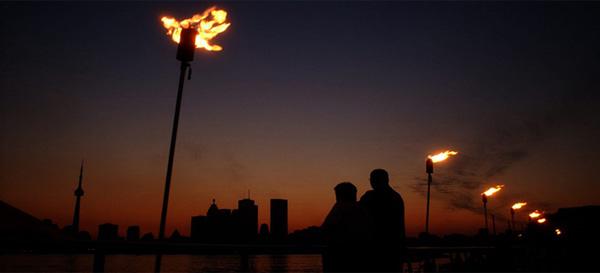- Messages
- 12,453
 Before we get into our list, lets first describe exactly what is meant by a long-term blackout. Ready.gov does not characterize power outages by short and long term. They merely offer advice for dealing with power outages in general.
Before we get into our list, lets first describe exactly what is meant by a long-term blackout. Ready.gov does not characterize power outages by short and long term. They merely offer advice for dealing with power outages in general.It’s important we discuss the term because a Long-Term Blackout can mean many things to many people. For those accustomed to losing power, a week without may not even phase them where as those who rarely loose power might consider a long-term blackout to be 3 days!
For the purposes of this article we are going to call a long-term blackout a period without power to major infrastructure, residential and business operations for a period of 3 months or more. In this time the base for civility will be shattered and the consequences of missing basic public services will be widespread.
Water
While it may be common knowledge that a widespread blackout is going to present problems for the water supply I think many people do not considering the details of what that means.- When will water treatment plants officially go offline?
- How will that correlate with water taps no longer running.
- Without local news, how will you know when to stop trusting the water that’s coming out of the tap?
Trash
Fresh off the holiday season is a wonderful time to consider the importance of the garbage services. Remember what it was like after Christmas? Imagine what your yard or home will look like a month without trash service.Even if you have a healthy bit of food storage, its all packaged. That packaging is going to need to go somewhere. Most people don’t consider just how quickly their trash will pile up. It will be a matter of weeks before things get out of hand. Trash will be all over the streets and before long, the pests and animals will come to take advantage.
Without a concrete, agreed upon method for dealing with the trash in a neighborhood you will quickly find your beautiful little community piled with trash and filth as well as being flea infested. Its not a pretty picture but post disaster trash collection and management are a topics I rarely see discussed, even in the prepper world.
Keep reading:

7 Terrifying Realities Of Long-Term Blackouts (That You’ve Probably Never Considered)
Before we get into our list, lets first describe exactly what is meant by a long-term blackout. Ready.gov does not characterize power outages by short and long term. They merely offer advice for de…
